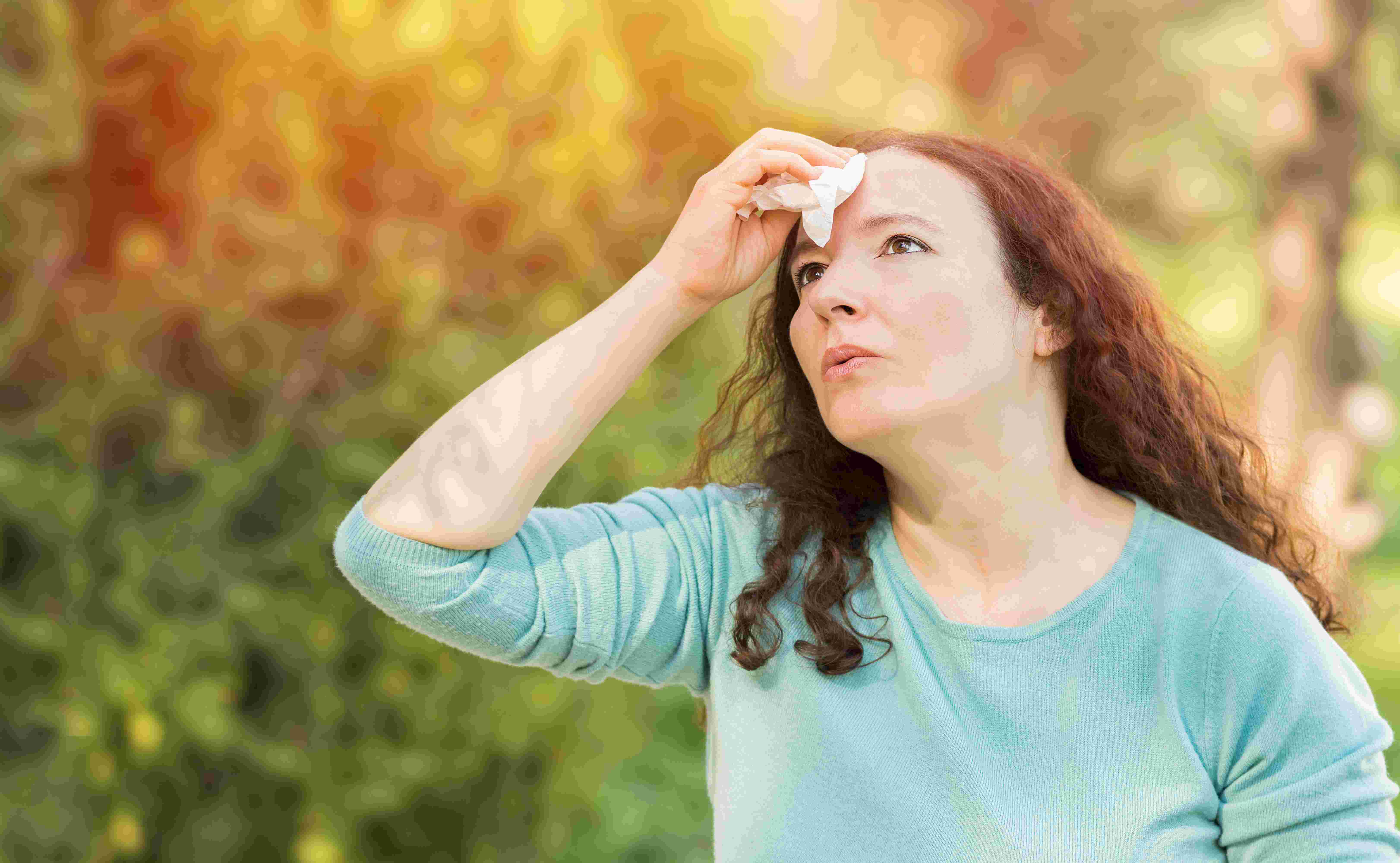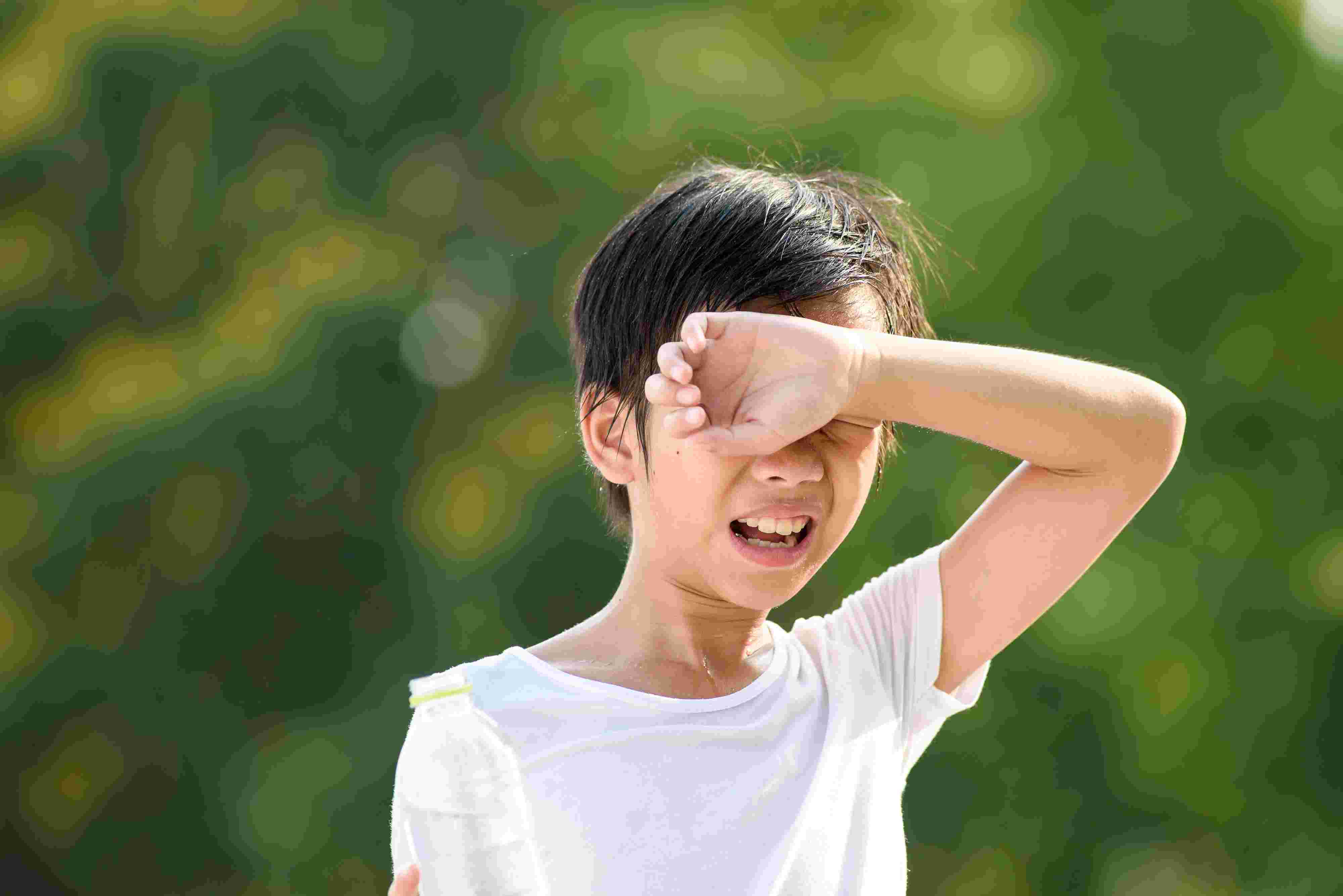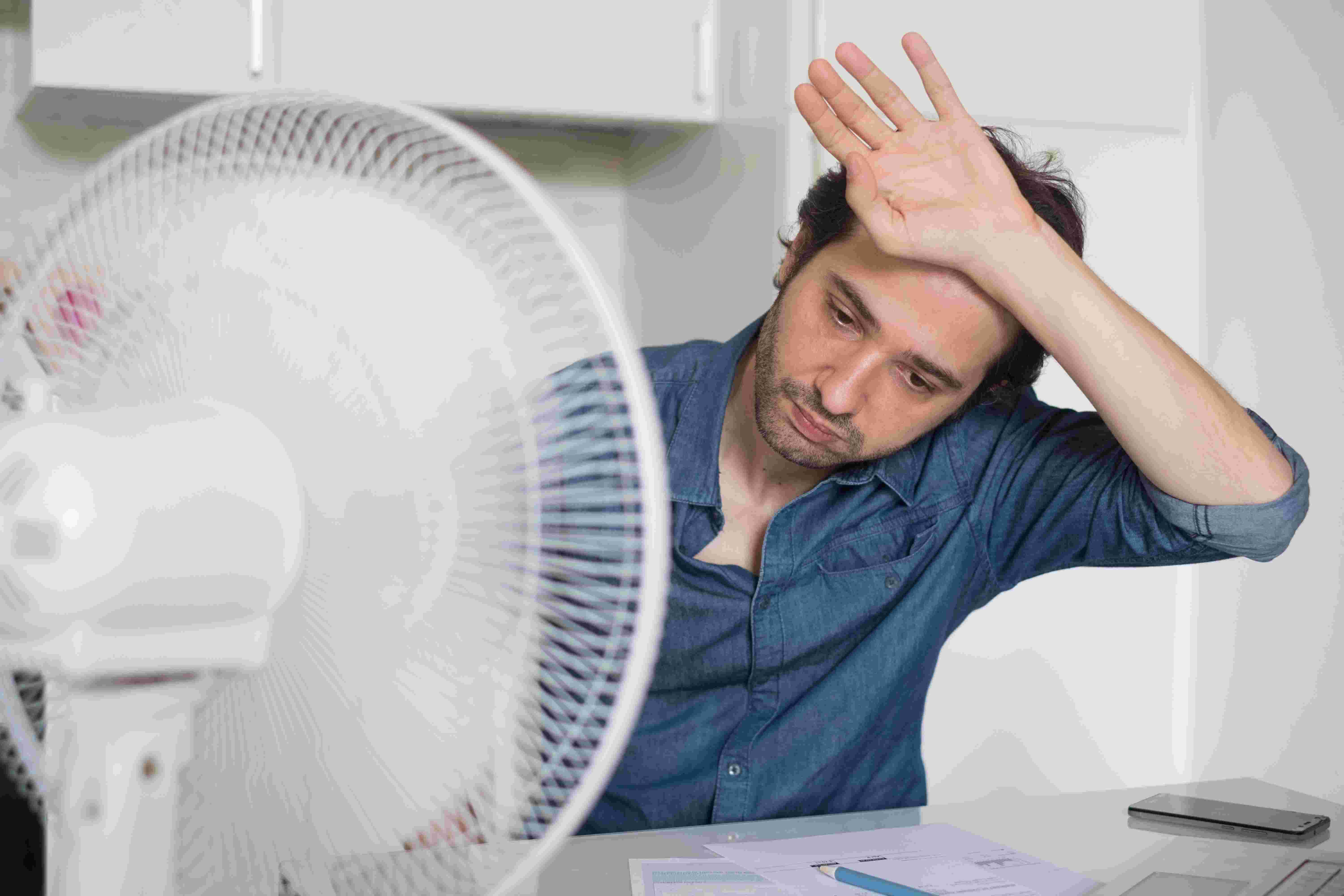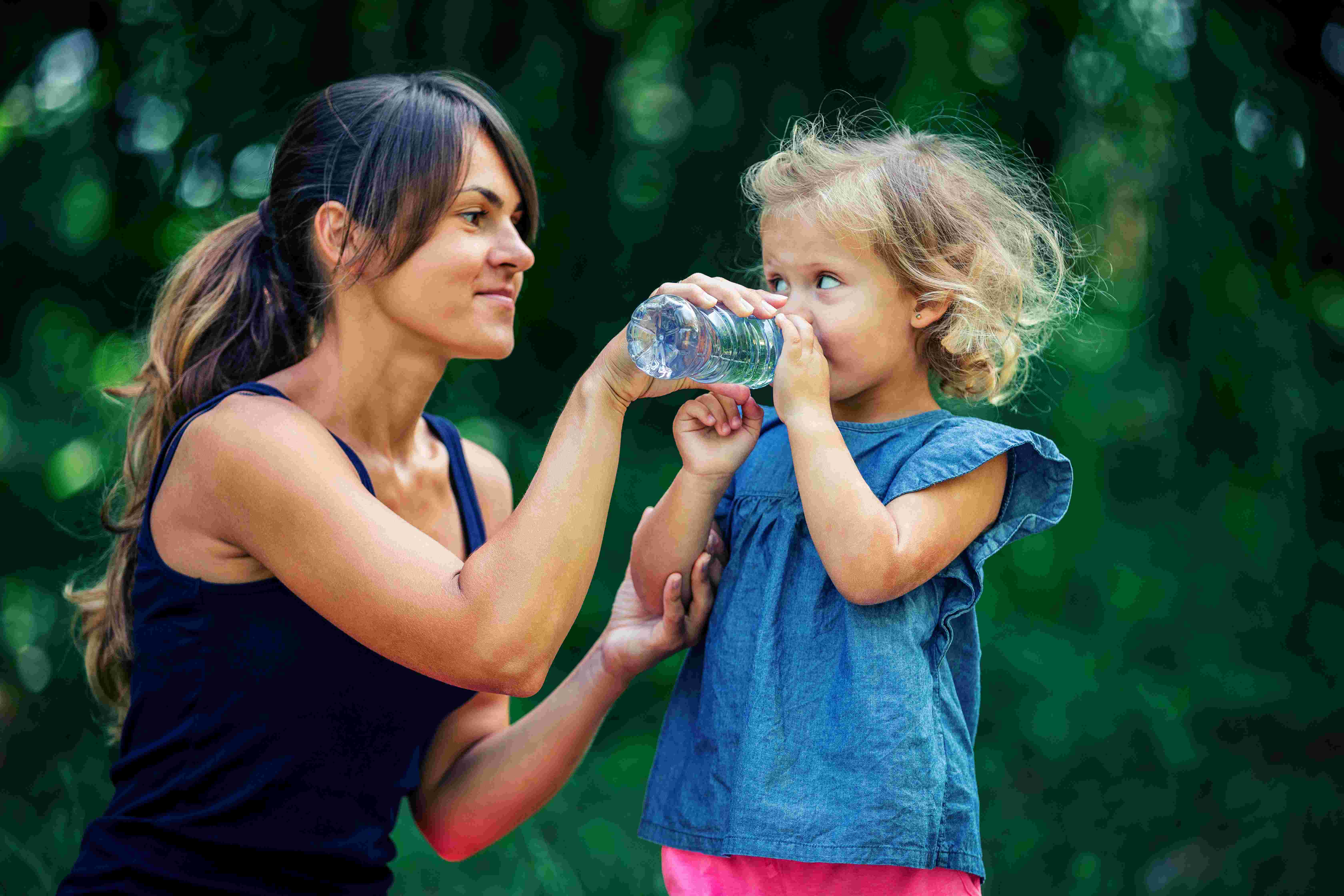Staying Safe During the Summer Sizzle
Tips to help you avoid heat exhaustion
Pumpkins are popping into storefronts and social media feeds are filling with daydreams
of scarves and sweaters, but the summer sizzle isn't over just yet. Upcoming forecasts
call for days of 90+ degree weather, making for potentially dangerous conditions.
When you combine that with the start of football season and practice gearing up for
many other sports, it's especially important to know how to keep your family safe
and how to recognize the signs for heat exhaustion.

How dangerous is the extreme heat?
According to the Red Cross, extreme heat kills more people than the cold, storms or any other weather-related event. High temperatures can cause heat cramps, heat exhaustion and heat stroke. The first is uncomfortable. The second can be severe. The third? Heat stroke can be deadly.
When I have heat exhaustion, I also feel mentally "spaced out" a bit, although significant
mental status change raises concern for heat stroke. Heat exhaustion, if untreated,
can progress to heat stroke, which is likely to leave permanent deficits.
What are the signs of heat exhaustion and heat stroke?
Dr. Jim Holt, a board certified physician with ETSU Health Family Medicine Johnson City, described the symptoms that serve as warning signs for heat exhaustion and the risk of heat stroke:
Signs of Heat Exhaustion:
- Fever of 101-104 degrees with normal mental status
- Thirst
- Fatigue
- Headache
- Weakness
These early signs can develop into:
- Nausea
- Vomiting
- Diarrhea
- Lightheadedness
- Blacking out

What should you do if you have these symptoms?
Tell someone!
"If you start to feel lightheaded, nauseous, confused, you start cramping, or you are getting weak, let your coach or supervisor know right away," said Dr. Mark Brummel, a board certified physician with ETSU Health Family Medicine Kingsport. "Pushing through is not healthy as your body is telling you to take a break. If you see someone else struggling, ask them how they are doing. If they continue to struggle, you should let your coach or supervisor know."

Other timely advice includes getting out of the sun and into a cooler environment. Use fans if you cannot access air conditioning. Drink fluids. Lay down and elevate your legs. If symptoms don't improve, consider contacting medical assistance and obtaining IV fluids to help rehydrate.
Who is most at risk?
Risk factors can be physical and environmental. Dr. Holt noted that that children under 15 years old and adults over the age of 65 are among those at increased risk, but so are those who are least able to avoid exertion under the summer sun, including athletes, manual workers and the homeless. Others at risk include those unable to afford air conditioning or adequate ventilation, those who abuse alcohol or illegal drugs, and those who live in areas without adequate access to water.
Dr. Brummel shared that other risk factors can include high humidity, poor physical fitness, obesity, dehydration, sickness, heavy equipment or improper clothing or gear.
Those at most risk are individuals who are just starting out and are not used to exercising
in heat and those with underlying medical conditions like asthma and diabetes. High
temperatures, high altitudes, and the equipment used all increase the risk of heat
related illness.

How can you stay safe in the heat?
Our experts offered several tips on how to safely enjoy the summer weather.

- As many longtime southerners know, it's always best to seek the shade. The sun increases body temperature and reduces the body's fluids and electrolytes.
- Avoid physical exertion in the heat of the day. Try to time activities for morning or evening.
- Don't skip meals. Your body needs the extra electrolytes that you'll be sweating out.
- Stay hydrated! Don't wait until you feel thirsty to take in fluids.
- Give yourself time to adjust to the heat. Gradually growing more accustomed to high temperatures reduces the risk of heat-related injury.